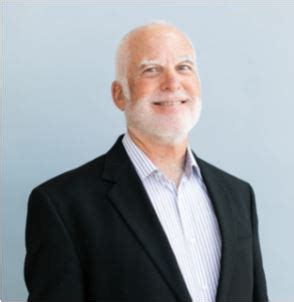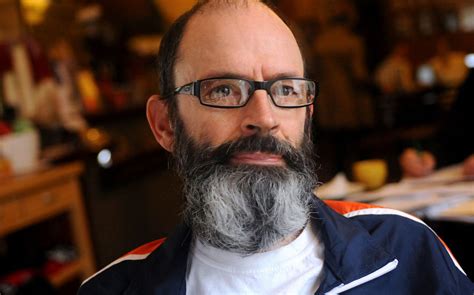A Quote by Marilynne Robinson
I experience religious dread whenever I find myself thinking that I know the limits of God’s grace, since I am utterly certain it exceeds any imagination a human being might have of it. God does, after all, so love the world.
Related Quotes
It is precisely women’s experience of God that this world lacks. A world that does not nurture its weakest, does not know God the birthing mother. A world that does not preserve the planet, does not know God the creator. A world that does not honor the spirit of compassion, does not know God the spirit. God the lawgiver, God the judge, God the omnipotent being have consumed Western spirituality and, in the end, shriveled its heart.
In the dominant Western religious system, the love of God is essentially the same as the belief in God, in God’s existence, God’s justice, God’s love. The love of God is essentially a thought experience. In the Eastern religions and in mysticism, the love of God is an intense feeling experience of oneness, inseparably linked with the expression of this love in every act of living.
Now I wonder whether I have sufficiently realized that during all this time God has been trying to find me, to know me, and to love me. The question is not 'How am I to find God?' but 'How am I to let myself be found by him?' The question is not 'How am I to love God?' but 'How am I to let myself be loved by God?'
So the best marriages and the deepest relationships with God grow out of the startling discovery that there is nothing one can do to earn love, and even more startling, that there is also nothing one can do to unlearn it, or to keep oneself from being loved. This is a religious awakening that is utterly different from any other religious experience, no matter how profoundly spiritual it may seem.
I have, by God’s grace, learned as a member of the Christian community what is the nature of God’s mercy, which does not leave me to overcome my sin by my own effort, so I have something to say to the fellow-sufferer who does not know where to look for hope. And what I have to say depends utterly on my willingness not to let go of that awareness of myself that reminds me where I start each day—not as a finished saint but as a needy person still struggling to grow.
It is grace at the beginning, and grace at the end. So that when you and I come to lie upon our death beds, the one thing that should comfort and help and strengthen us there is the thing that helped us in the beginning. Not what we have been, not what we have done, but the Grace of God in Jesus Christ our Lord. The Christian life starts with grace, it must continue with grace, it ends with grace. Grace wondrous grace. By the grace of God I am what I am. Yet not I, but the Grace of God which was with me.
Being holy . . . does not mean being perfect but being whole; it does not mean being exceptionally religious or being religious at all; it means being liberated from religiosity and religious pietism of any sort; it does not mean being morally better, it meas being exemplary; it does not mean being godly, but rather being truly human.
It is not insignificant that my first apprehension of the love of God was granted in an experience with my father. Nor is it generally uncommon that God is apprehended in experience. Nor, in fact, can the divine and human meeting happen any other way. God is not a God of the pulpit, though the pulpit proclaim him. He is a God in and of the histories of humankind. What is significant is that I should have to say so.
What the mysterious is I do not know. I do not call it God because God has come to mean much that I do not believe in. I find myself incapable of thinking of a deity or of any unknown supreme power in anthropomorphic terms, and the fact that many people think so is continually a source of surprise to me. Any idea of a personal God seems very odd to me.
The ultimate difference between God's wisdom and man's wisdom is how they relate to the glory of God's grace in Christ crucified. God's wisdom makes the glory of God's grace our supreme treasure. But man's wisdom delights in seeing himself as resourceful, self-sufficient, self determining, and not utterly dependent on God's free grace.
God is utterly simple; for every composite being necessarily has a cause of its own composition, and so, since God is the first principle of all things, there can be no real composition whatever in God. Now, in an utterly simple being there can be nothing that is not that simple being itself. In God, therefore, whatever really is, is the same as God, is the same as that which is, is the same as that which subsists, and hence necessarily subsists.






































